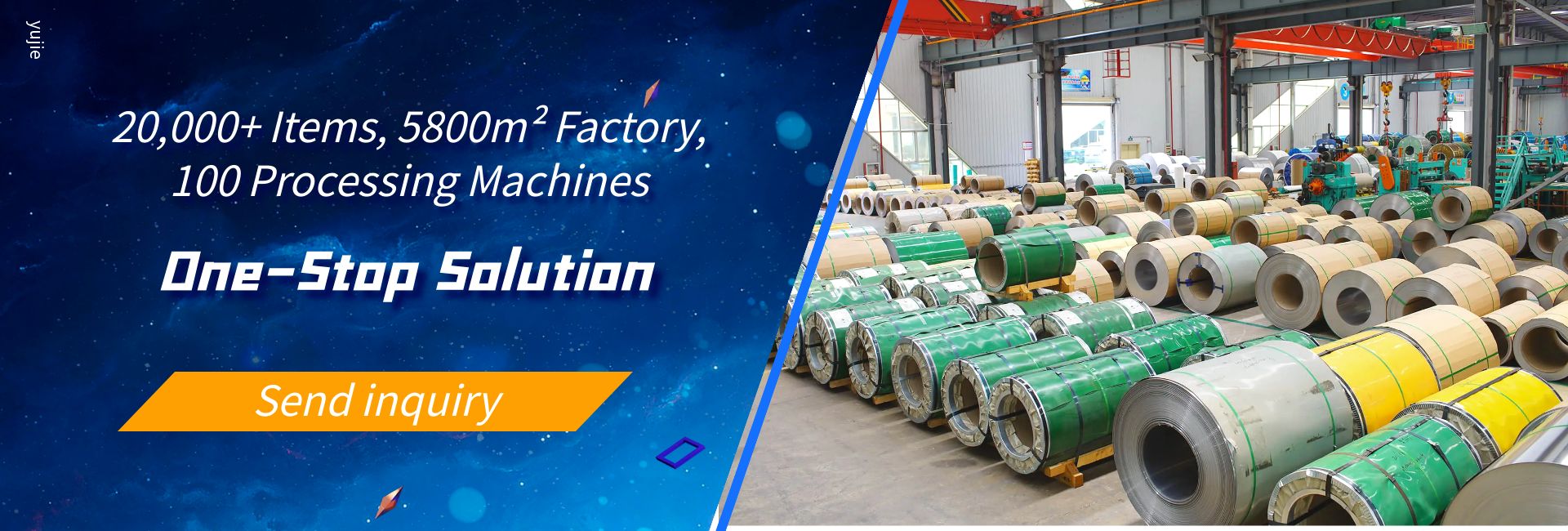Quality characteristics and chemical composition structure analysis of stainless steel
Thickness tolerance
Generally speaking, different stainless steel products require different raw material thickness tolerances. For example, the second-class tableware and thermos cups generally require higher thickness tolerances, which are -3~5%, while the first-class tableware generally requires -5%, steel pipes require -10%, and hotel refrigerators require -8%. Dealers generally require thickness tolerances between -4% and 6%. At the same time, the difference between domestic and foreign sales of products will also lead to different requirements for raw material thickness tolerances from customers. Generally, export product customers have higher thickness tolerance requirements, while domestic sales companies have relatively lower thickness tolerance requirements (mostly for cost considerations), and some customers even require -15%.
Weldability
The different uses of stainless steel processing products also have different requirements for welding performance. Foshan stainless steel generally does not require welding performance for first-class tableware, even including some pot companies. However, most products require good raw material welding performance, such as second-class tableware, thermos cups, steel pipes, water heaters, water dispensers, etc.
Corrosion resistance
Most stainless steel products require good corrosion resistance, such as first and second category tableware, kitchen utensils, water heaters, water dispensers, etc. Some foreign merchants also conduct corrosion resistance tests on their products: use NACL aqueous solution to heat to boiling, pour out the solution after a period of time, wash and dry, and weigh the weight loss to determine the degree of corrosion (Note: When the product is polished, the sandpaper or sandpaper contains Fe, which will cause rust spots on the surface during the test). Stainless steel products
Polishing performance
In today's society, stainless steel products generally undergo the polishing process during production. Only a few products such as water heaters and water dispenser tanks do not need to be polished. Therefore, this requires the polishing performance of the raw materials to be very good. The factors that affect the polishing performance are mainly the following:
① Raw material surface defects. Such as scratches, pitting, over-pickling, etc.
② Raw material material problems. If the hardness is too low, it is not easy to polish (poor BQ performance), and if the hardness is too low, the surface is prone to orange peel during deep drawing, which affects the BQ performance. The BQ performance of high hardness is relatively good.







Add:Dongbeitang Town, Wuxi,Jiangsu Province, China
Contact: zou
WhatsApp:+8613382242731
Copyright © Jiangsu Yujie Steel Group Co.,Ltd
powered by gongwong.com






